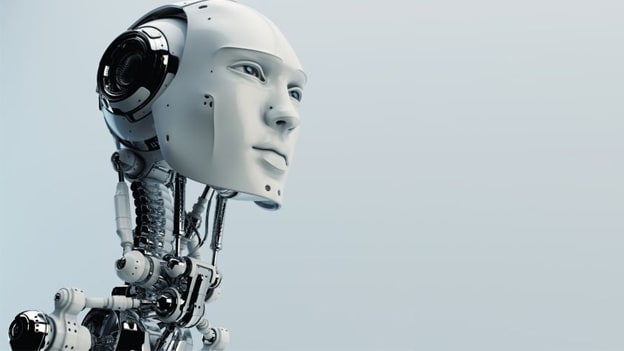TA and HCM roles to be automated within a decade: CareerBuilder Survey

The ‘Human’ in Human Resources seems to be dangerously close to being redundant, as the majority of employers who participated in a recent CareerBuilder Survey are of the belief that many HR roles are on their way to automation and could be extinct in the next 10 years or so.
The survey was conducted with over a thousand talent acquisition and management HR professionals in the private sector between November 16 and December 1, 2016 in US. Here are some highlights of the survey:
- 72% of the employers expect that partial roles in the domain of talent acquisition and human capital management will become completely automated in the next decade.
- Currently, 34% of the 250-plus employee organisations surveyed do not use automated technology for recruitment purposes, 44% do not automate onboarding and 60% do not automate human capital management activities for employees.
The results reveal that automation technologies focus on the following processes:
- Messaging (57%)
- Setting up benefits and compensation (53%)
- Setting up payroll (47%)
- Background screening/drug testing (47%)
- Archiving candidates (37%)
- Centralised candidate profiles (31%)
- Interview scheduling (30%)
- Search third party resume databases (29%)
- Performance reviews (29%)
- Employee learning and development (28%)
- Requesting candidate feedback from hiring managers (27%)
- First day orientation (26%)
- Continuous candidate engagement (21%)
- Tailored career site experience (20%)
- Employee referral process (20%)
93% of the employers who have automated parts of their talent acquisition and management processes said that it saved time and increases efficiency, 71% said that it improved candidate experience, 69% admitted that it reduced errors, 67% said that it saved money and resources, 60% said that it improved employee experience.
Conversely, employers also view lack of automation as an obstacle to growth, efficiency and results, as those who perceive a currently underutilised amount of automation for their talent acquisition and management processes reported:
- Everything takes longer because of manual processes: 61%
- High level of stress / frustration on the HR team: 50%
- Loss of candidates because the process takes too long: 46%
- It ends up costing the organizations more money because of inefficiencies: 43%
- Higher incidence of inaccuracies: 39%
- Poor candidate experience: 39%
- Strained relationships with company leaders and hiring managers: 33%
- Poor employee experience: 29%
The geographical location of the survey notwithstanding, there are some important insights for HR professionals globally. The talk of automotive technologies taking over manual work has been given a lot of attention, and scepticism, doubt, fear and questions are regularly raised regarding the extent of the replacement, and how will the displaced humans be absorbed in such a situation. However, employers are clearly of the belief that automation means good news in terms of efficiency, resources, timeliness and overall management. In such a scenario, the role of HR is even more important, as it must not only devise processes and strategies to allow for a seamless transition, but must also build a system of checks and balances that combines the very best of automated and manual processes. Furthermore, the HR community needs to ensure that automation doesn’t remove the ‘human’ element of the function, and that automation of processes doesn’t dilute the guiding principles of the domain.











